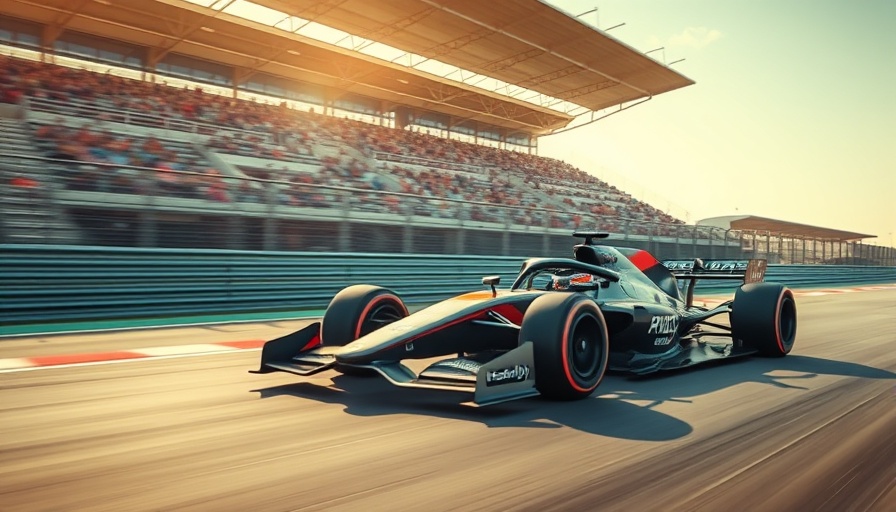
Formula E Returns to Indonesia: A New Era for Electric Racing
The FIA Formula E World Championship, renowned for its innovative all-electric single-seater races, is making a much-anticipated return to the bustling streets of Jakarta, Indonesia. After a one-year hiatus, this thrilling series is set to light up the Indonesian capital for its single-header race this weekend, showcasing the evolution of sustainable racing.
A Closer Look at the Jakarta Circuit
The Jakarta circuit spans 1.47 miles and features a challenging layout with 18 distinct turns that put drivers' skills to the test. This Circuit has gained a reputation for its heat and humidity, which can significantly impact both driver performance and technical aspects of the cars. With scorching temperatures, maintaining optimal conditions for the powertrain is paramount, illustrating the challenges faced by teams in a climate that’s far from forgiving.
Investment in Motorsport Knowledge
Pablo Martino, the FIA Head of Championship for Formula E, expressed excitement about returning to Jakarta, emphasizing the ongoing commitment to nurturing motorsport in the region. Specific sessions have been planned to enhance the skills of local marshals and recovery teams, ensuring that not only is the race a spectacle, but it also leaves a legacy of expertise and knowledge that can foster the growth of motorsport in Indonesia for years to come.
Racing Format: What to Expect This Weekend
This weekend’s race will follow a structured format, featuring two practice sessions—one scheduled for Friday evening and another Saturday morning—culminating in the essential qualifying session that determines the starting grid. Fans can expect an exhilarating race as teams try to adapt to the unique Indonesian conditions, increasing the stakes for both drivers and engineers.
What This Means for Future Events
The return to Jakarta isn’t just a revival; it’s a significant step towards enhancing the global footprint of Formula E. Events like these demonstrate how electric racing continues to spearhead discussions on sustainability through mobility, aligning with global efforts to reduce carbon emissions and promote electric vehicle use. As cities worldwide grapple with urban pollution, the ongoing evolution of competition formats will be crucial.
 Add Row
Add Row  Add
Add 

 Add Row
Add Row  Add Element
Add Element 




Write A Comment